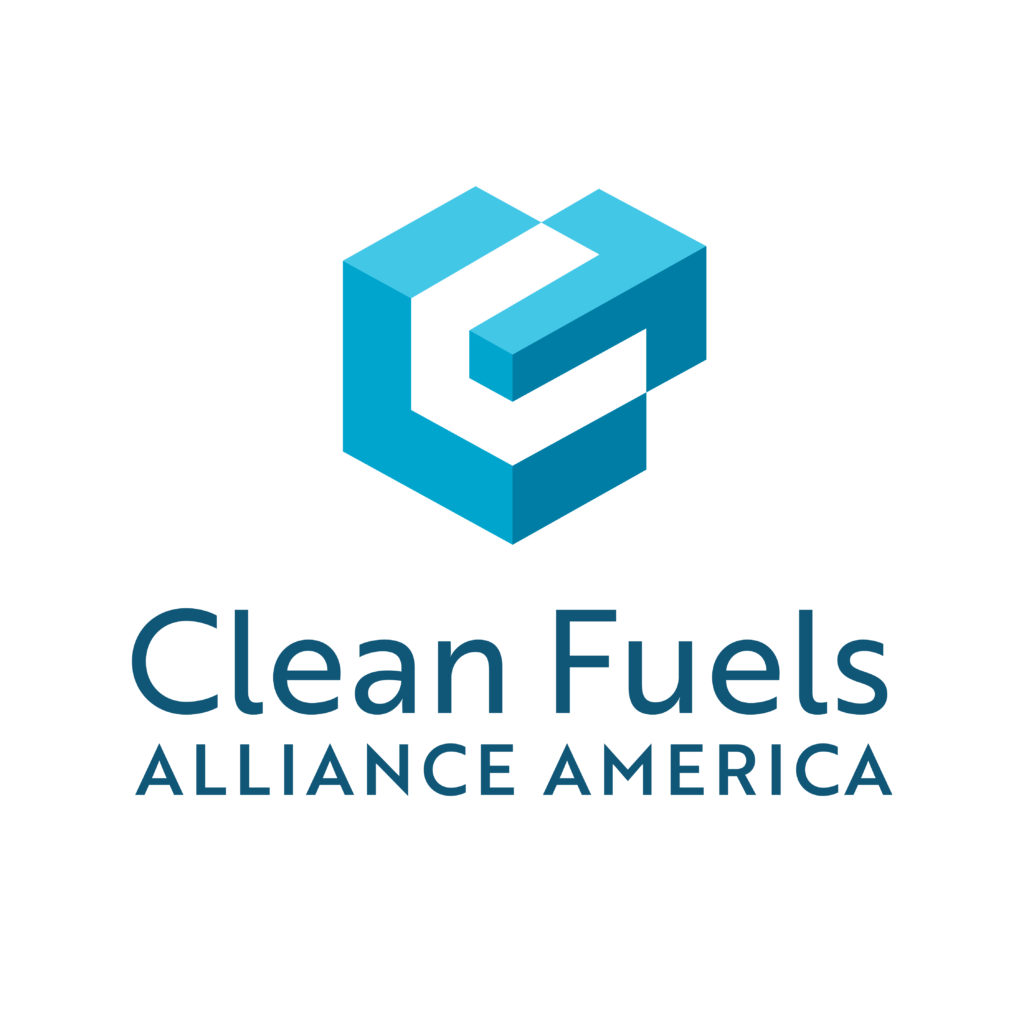Clean Fuels Hails EPA’s RFS Proposal

Clean Fuels Alliance America welcomed EPA’s Supplemental Notice on Renewable Fuel Standards for 2026 and 2027. Clean Fuels commended EPA for proposing to add a supplemental “SRE reallocation volume” to the 2026 and 2027 RFS volumes to account for the impact of small refinery exemptions granted on August 22. Additionally, the Alliance noted, EPA is updating its estimate of 2026 and 2027 exempted volumes of gasoline and diesel, which will be included in calculating the RFS percentage obligations for those years.
Kurt Kovarik, Clean Fuels’ Vice President of Federal Affairs, said in a Sept. 16 statement, “Clean Fuels commends EPA for proposing to ensure that the RFS volumes it finalizes for upcoming years are not eroded by small refinery exemptions. U.S. biodiesel and renewable diesel production supports ten percent of the value of every bushel of soybeans grown here. It is one bright spot in the agricultural economy this year. Clean Fuels and its members will work to ensure that the final RFS volumes for 2026 and 2027 fully support continued growth in biomass-based diesel production and provide real value for farmers.”
Specifically, EPA is co-proposing a supplemental “SRE reallocation volume” of either 2.18 billion gallons (100% of the 2023-25 exemptions) or 1.09 billion gallons (50%). The agency is taking comment on other volumes. EPA is also proposing an estimated 5.95 billion gallons of exempted gasoline and diesel for both 2026 and 2027 to be included in the RVO calculation. In its June Proposed Renewable Fuel Standards for 2026 and 2027, EPA estimated a range between 0 and 18 billion gallons.
Kovarik continued, “Farmers, biodiesel and renewable diesel producers still need to fight to secure robust RFS volumes for next year. We look forward to working with EPA to finalize today’s proposal as soon as possible to ensure market certainty for farmers and producers.” Clean Fuels Alliance America is a trade association representing the biodiesel, renewable diesel and sustainable aviation fuel supply chain, including producers, feedstock suppliers and fuel distributors. It receives funding from private companies and associations, including the United Soybean Board and state checkoff organizations.
